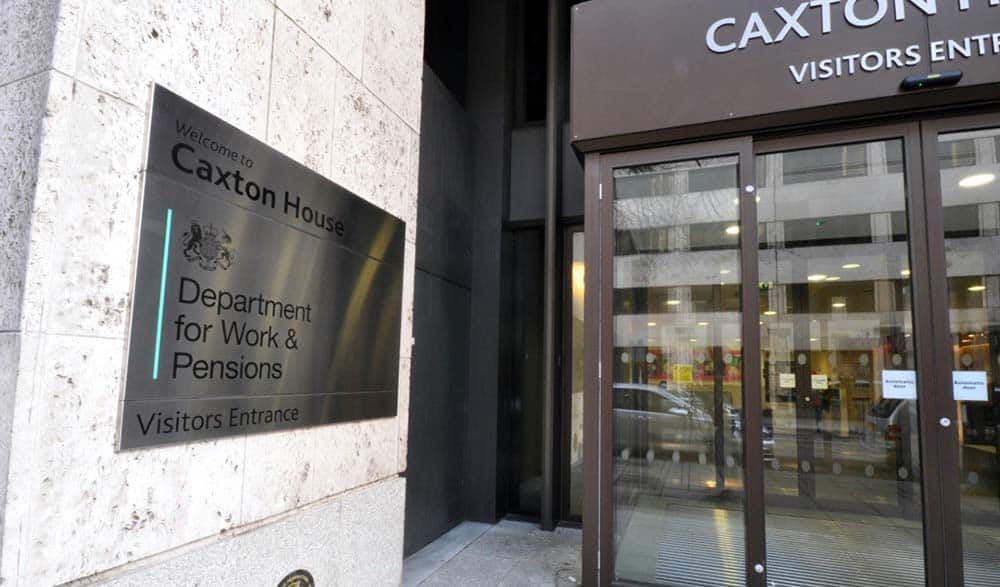Latest figures show 2.8 million PIP claims to date due to “unprecedented” demand

To date, there have been 2.8 million claimants entitled to PIP across England and Wales with over one-third receiving the highest level of award.
These latest figures come from the Department for Work and Pensions’ (DWP’s) quarterly PIP statistics for the quarter ending October 2022, highlighting the trends of people claiming the disability benefit in England and Wales.
What is PIP?
PIP helps with some of the extra costs caused by a long-term disability, ill-health, or a terminal illness. The finances could be used to purchase essential assistive technologies for people with reduced mobility or cover the costs of a carer.
There are two types of PIP awards:
- Daily living part: where the claimant needs help with everyday tasks like drinking, making decisions about money, bathing, or reading
- Mobility part: this is where the claimant needs help moving around
Earlier this year, DWP announced some proposed PIP increases that came into effect on 11 April 2022. More information on the weekly payment increases can be found here.
Quarterly figures information
DWP’s quarterly statistics cover the customer journey from registration through to payment, providing key data on PIP registrations, clearances, awards and mandatory reconsiderations. A mandatory reconsideration (MR) is where claimants who wish to dispute a decision on their PIP claim at any stage ask DWP to reconsider the decision.
The highest level of award refers to claimants who receive both the daily living part and the mobility part of PIP.
The quarterly statistics cover both new claims and claims made by those with an existing claim for Disability Living Allowance (DLA) (known as reassessments). From 8 April 2013, the DWP started to replace DLA for working-age people with PIP.
Key figures and trends in England and Wales
For the quarter ending 31 October 2022, PIP registrations and clearances have once again been at their highest level ever for the third consecutive quarter. There were 200,000 registrations and 210,000 clearances for new claims. DWP says this is due to “unprecedented” demand.
There were 25,000 changes of circumstance reported and 31,000 cleared.
Additionally, there were 130,000 planned PIP award reviews registered and 64,000 cleared. There were also 61,000 MRs registered and 66,000 cleared.
Although the PIP award reviews figure is high, it could perhaps be down to a backlog caused by the COVID-19 pandemic. In March 2020, DWP suspended all face-to-face PIP reviews in a bid to curb the spread of the virus and protect vulnerable people. It wasn’t until May 2021 that the face-to-face assessments restarted, meaning that there was over a year’s worth of PIP assessments that did not happen.
For initial decisions following a PIP assessment during April 2013 to June 2022, 37 percent of completed MRs against initial decisions following a PIP assessment went on to lodge an appeal.
15 percent of appeals lodged saw DWP change the decision in the customer’s favour before the appeal was heard at tribunal. Four percent of initial PIP decisions were overturned (revised in favour of the customer) at a tribunal hearing.
Scotland’s Adult Disability Payment
In Scotland, PIP has been replaced by a new disability benefit, administered by the Scottish Government, called Adult Disability Payment.
Since 29 August 2022, Adult Disability Payment (ADP) has rolled out nationwide in Scotland.
It means that DWP’s latest PIP figures are different to previous releases, as England and Wales’ figures now sit separately to Scotland’s figures, meaning current trends in the latest quarterly PIP statistics are not comparable with previous statistics.
There were 330,000 claims with entitlement to PIP for people residing in Scotland as at 31 October 2022.
The latest quarterly PIP figures also reveal that there were 3,500 registrations and 19,000 clearances for new claims; 1,500 changes of circumstance were reported, and 2,900 were cleared; and 5,000 planned award reviews were registered and 24,000 were cleared.
Since the introduction of ADP, new claim registrations reduced over June-August 2022, with 34 percent fewer new claims over this three-month period compared to average monthly volumes in the period January to May 2022. Equivalent figures for England and Wales saw one percent more new claims across the same period.

